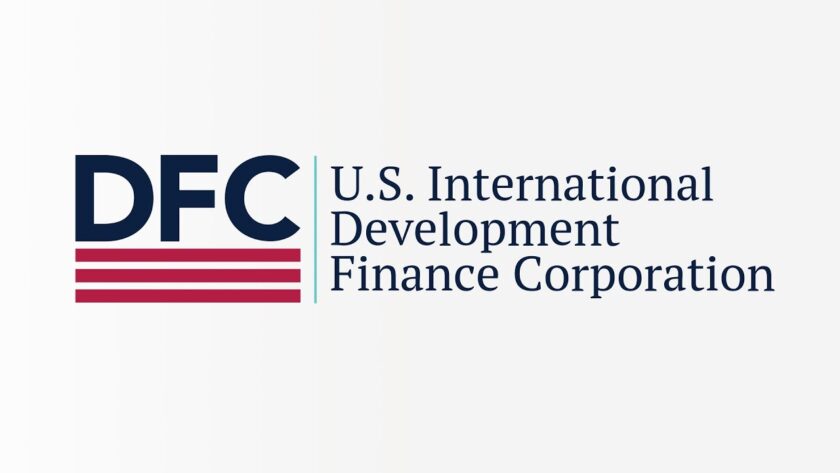Sheila Jasanoff, Pforzheimer Professor of Science and Technology Studies, Harvard University, Kennedy School of Government
Science and Reason in Public Decision Making
Thursday, 6 September 2012
Neely Room, Georgia Tech Library
4-6 pm
Sheila Jasanoff is Pforzheimer Professor of Science and Technology Studies at Harvard University’s John F. Kennedy School of Government. She has held academic positions at Cornell, Yale, Oxford, and Kyoto. At Cornell, she founded and chaired the Department of Science and Technology Studies. She has also been a Leverhulme Visiting Professor at Cambridge, Fellow at the Berlin Institute for Advanced Study, and Resident Scholar at the Rockefeller Foundation’s Bellagio study center. Her research concerns the role of science and technology in the law, politics, and public policy of modern democracies, with a particular focus on the challenges of globalization. She has written and lectured widely on problems of environmental regulation, risk management, and biotechnology in the United States, Europe, and India. Her books include Controlling Chemicals (1985), The Fifth Branch (1990), Science at the Bar (1995), and Designs on Nature (2005). Jasanoff has served on the Board of Directors of the American Association for the Advancement of Science and as President of the Society for Social Studies of Science.
Science and Reason in Public Decision Making
Critics of public decision making across a range of areas, from environment and public health to food safety and criminal justice, are convinced that many recurrent problems would be solved through better communication and use of science. This talk complicates the picture by showing that the science decision makers want is seldom available in advance, and that the production of policy-relevant knowledge is subject to complex institutional and cultural constraints. One conclusion is that we should focus not only on the quality and integrity of scientific knowledge but equally or more on the assessment and critique of science through practices of public reasoning.




